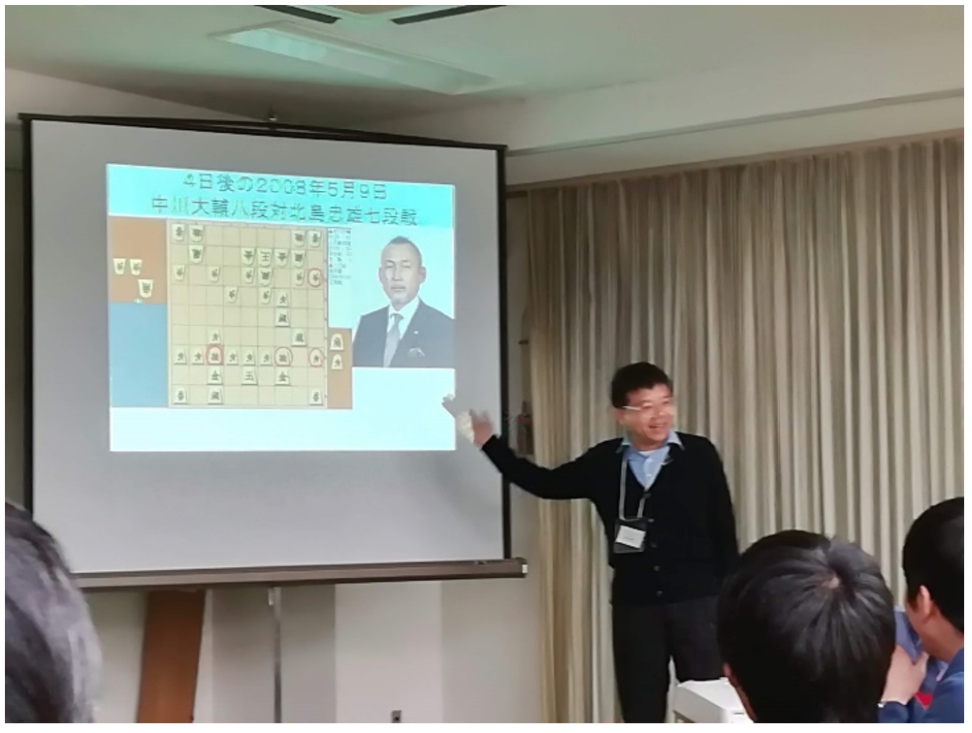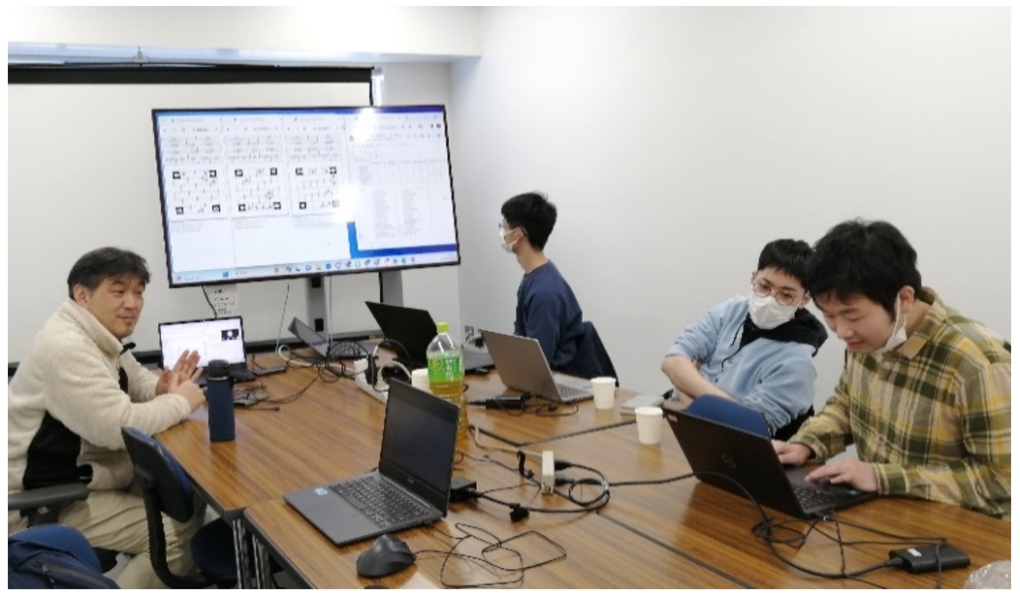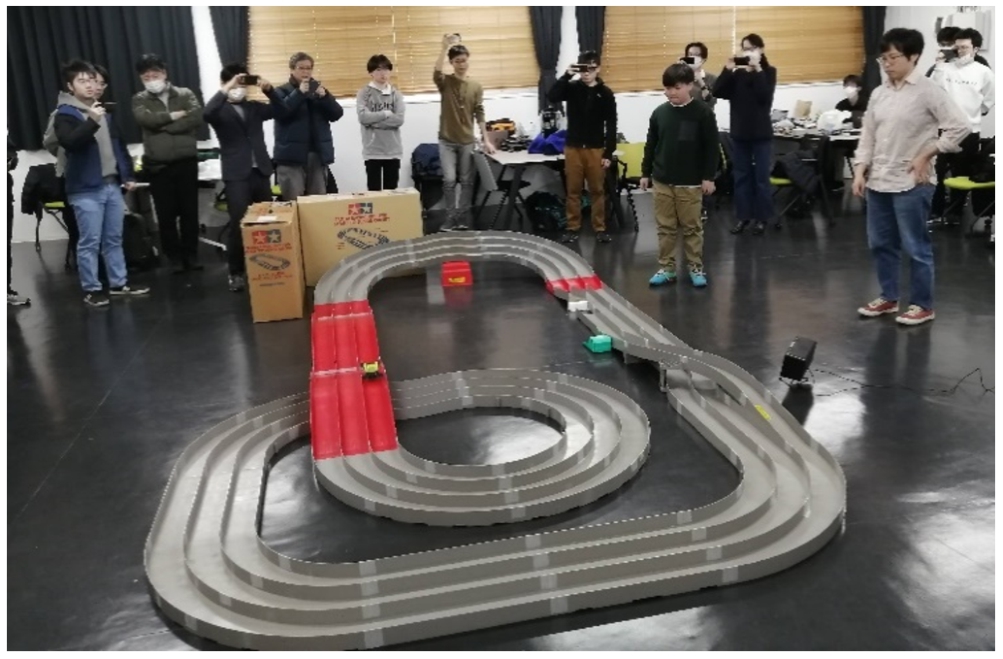The IPSJ game informatics: Activity report
1.Introduction
The Game Informatics Research Group (GI) of the Information Processing Society of Japan (IPSJ) is a Japanese research group established in 1999, and many game-related studies have been presented, focusing on Shogi, Go, and various other game AI-related studies. Until now, the GI has held two research meetings and one symposium (Game Programming Workshop) per year, but the number of presenters has been increasing in recent years, and the GI has decided to increase the number of research meetings to three per year starting in 2024. In addition, an AI competition called GAT is also being conducted. This report introduces the activities of GI.
2.Game Programming Workshop (GPW)
The Game Programming Workshop is a symposium that has been held since 1994, and GI has taken over the organization since 2007. It is usually held for three days and two nights at an accommodation facility in Hakone, which is famous for its hot springs, and has gained popularity as a valuable opportunity to deepen friendship among the GI community. Most of the participants are Japanese, but many participants from Taiwan also come every year. Professional Shogi and Go players sometimes participate, and it is often possible to hear information on AI from the perspective of a professional player (Fig. 1). In the night event, a game AI competition is held in a friendly atmosphere. As a recent topic, Takizawa, the author of “Othello is Solved,” which was released just before the 2023 GPW and became a big topic of conversation, was invited to give a lecture at the symposium, which was very exciting to witness his historical accomplishment.
Fig. 1.
Katsumata, a professional Shogi player, talks about the impact of computer Shogi on professional Shogi at the GPW Night Event.

3.GAT
GAT (Game AI Tournament) is a tournament led by Professor Ito of the University of Electro-Communications, held every year around the same time as the March research meeting. Like the Computer Olympiad, the GAT holds AI tournaments for various games at the same time, but it is unique in that it is held on the afternoon of the second day so that all participants can watch the finals of all the games together. In 2024, DigitalCurling, Geister (Fig. 2), Mini-4WD (Fig. 3), and 9 × 9 Go were held, with Mini-4WD using an actual Mini-4WD on a real course. Past competitions have included Werewolf, TABSTAP (a simulation game prepared for research purposes), HearthStone, and 5 × 5 Shogi.
Fig. 2.
Geister Tournament in GAT2024.

Fig. 3.
Mini 4WD Tournament in GAT2024.

4.Research features and trends
In the past, much research was conducted to strengthen AI in Shogi and Go, but as AI has surpassed humans in both of these games, research to explore how humans can make use of AI has been increasing recently. In Shogi and Go, it has become important for both amateur and professional players to utilize AI, and it is commonplace to use AI to display evaluation values and candidate moves during live broadcasts of Shogi games, which has permeated Japanese society. Research on strong AI has recently been increasingly based on incomplete information games, such as Geister, for which there are competitions on GAT, and research on Mahjong. Not long ago, there was a great deal of research on general-purpose reinforcement learning, but this has calmed down somewhat recently. What is characteristic of GI is that there is a lot of interaction with the combinatorial game theory community and many presentations on combinatorial game theory, such as the Nim game.




